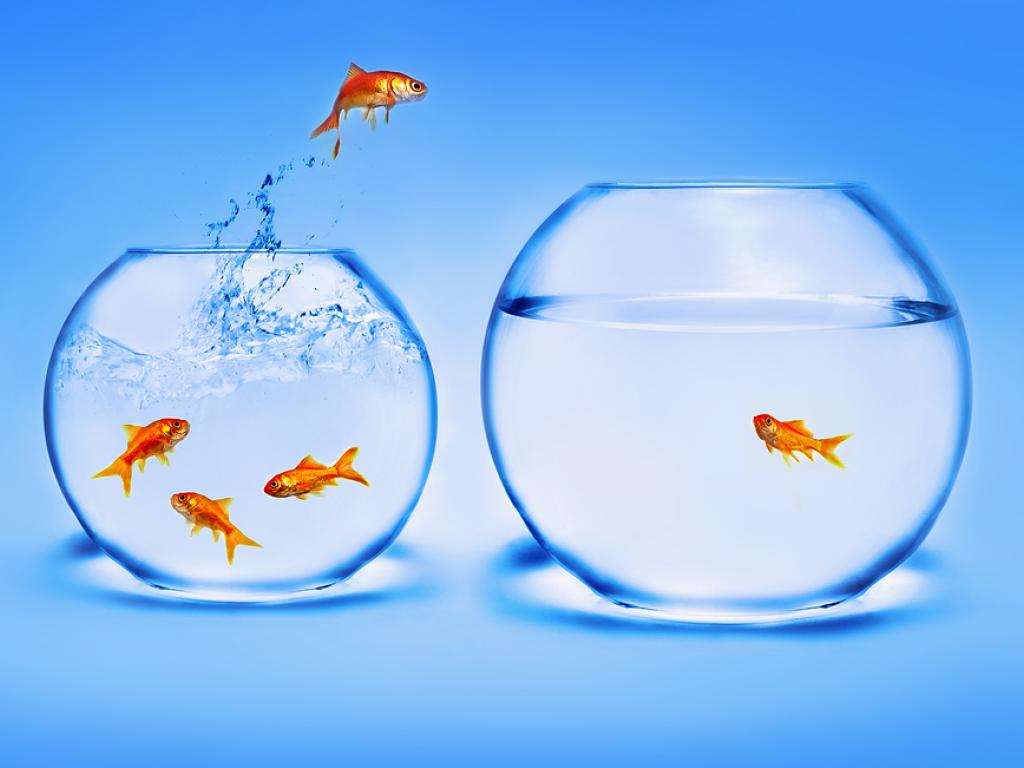Redefining success towards more sustainable ways

by Dian Spear
I was recently having a conversation about success with someone who was worried about not being successful enough in life and my response was “well it depends how you define success?” The question was then posed to me. “Well how do you define success?” As I thought about this one of the first things that came into my mind was that I’d like to have as little impact on the environment as possible and that I’d like to have time to do the things that are important to me (which links to Leigh Cobban’s blog). Some people talk about success including wellbeing, being happy, having peace of mind, liking who you are, liking what you do and liking how you do it.
However, the Oxford dictionary defines success as: “1. The accomplishment of an aim or purpose; 1.1. The attainment of fame, wealth or social status; 1.2 A person or thing that achieves desired aims or attains fame, wealth etc.”
I don’t think I want to achieve fame, wealth or social status. I like to think that material things aren’t so important to me, which helps me live in a more sustainable way. Indeed, Lucia Scodanibbio’s blog pointed out that the planet doesn’t need more “successful” people. Rather we need to redefine success and our value systems.
A recent book by Arianna Huffington called Thrive is about redefining success and creating a life of well-being, wisdom and wonder. (She’s even brought meditation, yoga and sleep pods into the Huffington Post work-space. We can add this to the four-day working week ;) (see Leigh’s blog)) She mentions that the world is in desperate need of us redefining success and I’d agree, both for our own burnt-out sakes and for the planet.
Although consumption has evolved over the past century as a “culturally acceptable means of success, happiness and the populist notion of a good life” high levels of material values have been found to be negatively associated with subjective well-being (Burroughs & Rindfleisch 2002). The good news is that values and the way people define success are changing. Social survey data indicates that in many affluent nations close to 50 percent of the population have now adopted post-materialist values (Tibbs 2011) and another study has shown that many sustainability values are in place but that collective action lags behind (Leiserowitz et al. 2006). Even better news is that individuals with sustainable values and attitudes have higher levels of wellbeing (Giltrow 2015).
The importance of changing values to become more sustainable is that values are central to people acting sustainably or acting on climate change (Vladimirova 2014). The important link between values and action is also highlighted in Piotr’s very interesting CSAG blog. Obviously changing values is not straightforward and globally there is a diversity of worldviews of development and quality-of-life which influence understandings and perceptions of sustainability (Hedlund-de Witt 2014). However, values can change.
Kirsty Nortje wrote her blog about how watching a film – Cowspiracy made her reconsider her choices regarding the consumption of meat. It is good to know that films like this can and do have an impact in changing people’s values. See a blog from the Harmony Institute that outlines how climate change films have influenced the values of Americans who have watched the films. Hopefully, values and how we define success will change increasingly into the future as this will be vital for not only our own wellbeing but that of the planet.
References
Burroughs, J.E. & Rindfleisch, A. 2002. Materialism and well-being: a conflicting values perspective. Journal of Consumer Research
Giltrow, M. Investigating the relationship of wellbeing with sustainable values, attitudes and behavior. In W. Leal filho (ed.) Transformative approaches to Sustainable Development at Universities. World Sustainability Series, Springer International Publishing Switzerland.
Hedlund-de Witt, A. 2014. Rethinking sustainable development: considering how different worldviews envision “development” and “quality of life”. Sustainability 6, 8310-8328
Huffinton, A. 2014. Thrive. Harmony Books, New York.
Leiserowitz, A.A., Kates, R.W. & Parris, T.M. 2006. Sustainability values, attitudes, and behaviours: a review of multinational and global trends. Annual Review of Environmental Resources 31, 413-444.
Tibbs, H. 2011. Changing Cultural Values and the Transition to Sustainability. Journal of Future Studies 15, 13-32.
Vladimirova, E. 2014. Values for sustainable future: transforming values in the context of climate change and global environmental degradation. PhD thesis, Universite Libre de Bruxelles.
Image source: here